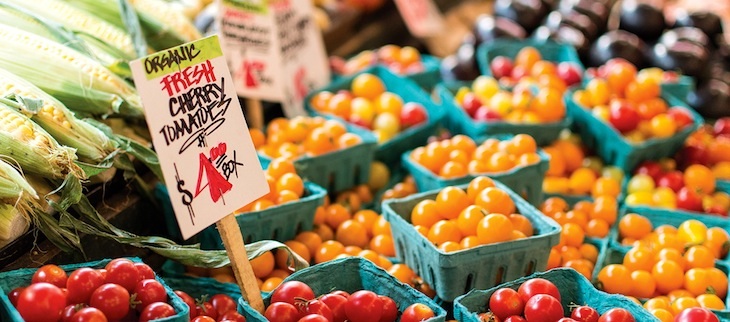Tornado victims may qualify for USDA D-SNAP program
by April 25, 2023 8:52 am 1,980 views

The U.S. Department of Agriculture (USDA) will make some low-income Arkansas residents in three counties (Cross, Lonoke and Pulaski), recovering from the impacts of tornadoes and severe storms beginning March 31, 2023, eligible for the USDA’s Disaster Supplemental Nutrition Assistance Program (D-SNAP).
Agriculture Secretary Tom Vilsack said that approximately 1,600 households that may not normally be eligible under regular Supplemental Nutrition Assistance Program (SNAP) rules may qualify for D-SNAP – if they meet certain criteria, including the disaster income limits and have qualifying disaster-related expenses.
“This waiver approval for D-SNAP will help low-income Arkansas residents get the food they need as they struggle with the aftermath of recent tornadoes and severe storms,” Vilsack said.
To be eligible for D-SNAP, a household must live in an identified disaster area, have been affected by the disaster, and meet certain D-SNAP eligibility criteria. Eligible households will receive one month of benefits – equal to the maximum monthly amount for a SNAP household of their size – that they can use to purchase groceries at SNAP-authorized stores or from select retailers online to meet their temporary food needs as they settle back home following the disaster. Arkansas will operate its D-SNAP application Wednesday through Tuesday (May 2). Arkansas will share information about D-SNAP application dates and locations through local media.
The timing of D-SNAP varies with the unique circumstances of each disaster, Vilsack said, but always begins after commercial channels of food distribution have been restored and families are able to purchase and prepare food at home. Before operating a D-SNAP, a state must ensure that the proper public information, staffing, and resources are in place.
Although current SNAP households in the identified areas are not eligible for D-SNAP, they may request supplemental SNAP benefits to raise their allotment to the maximum amount for their household size for one month if they don’t already receive that amount.
